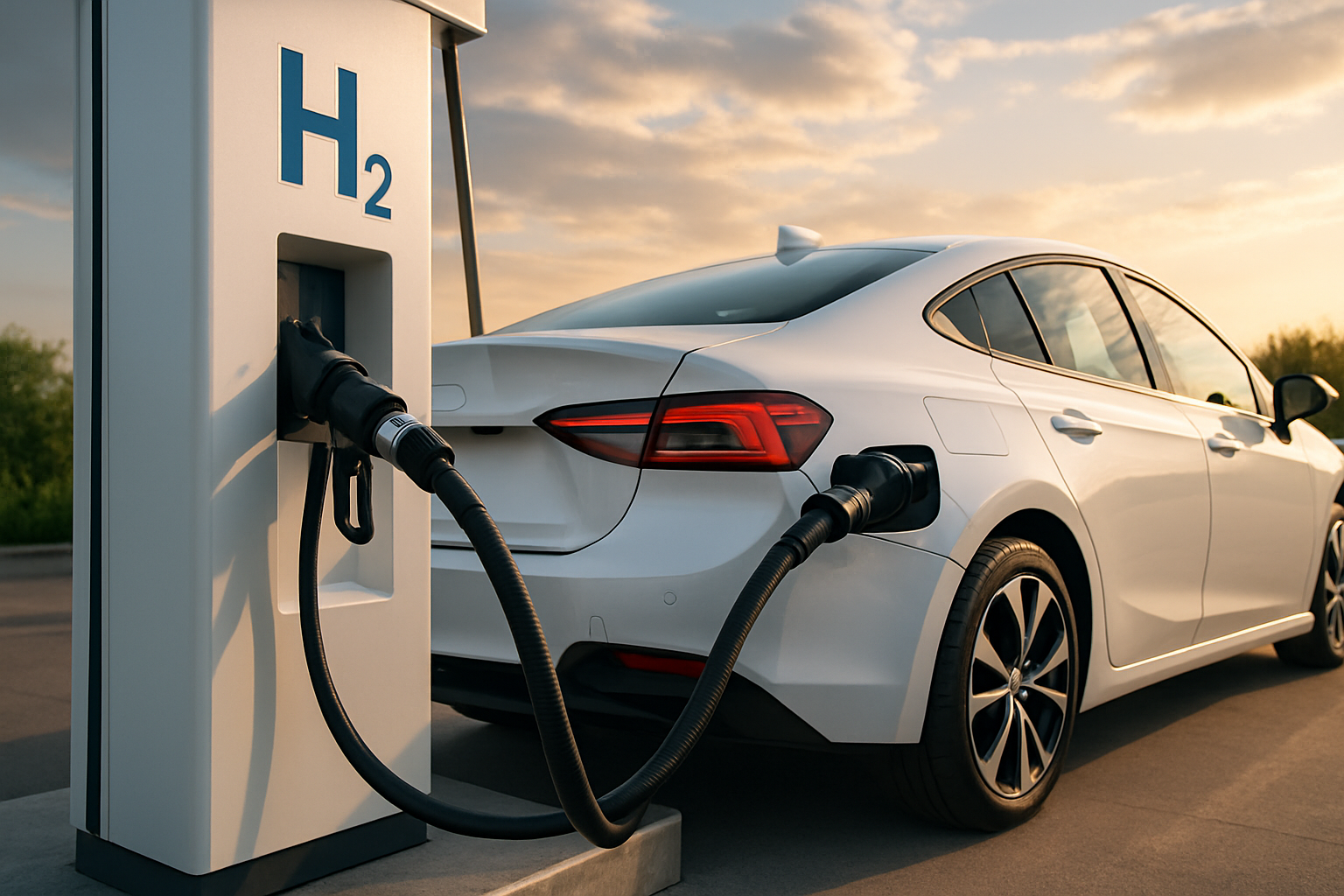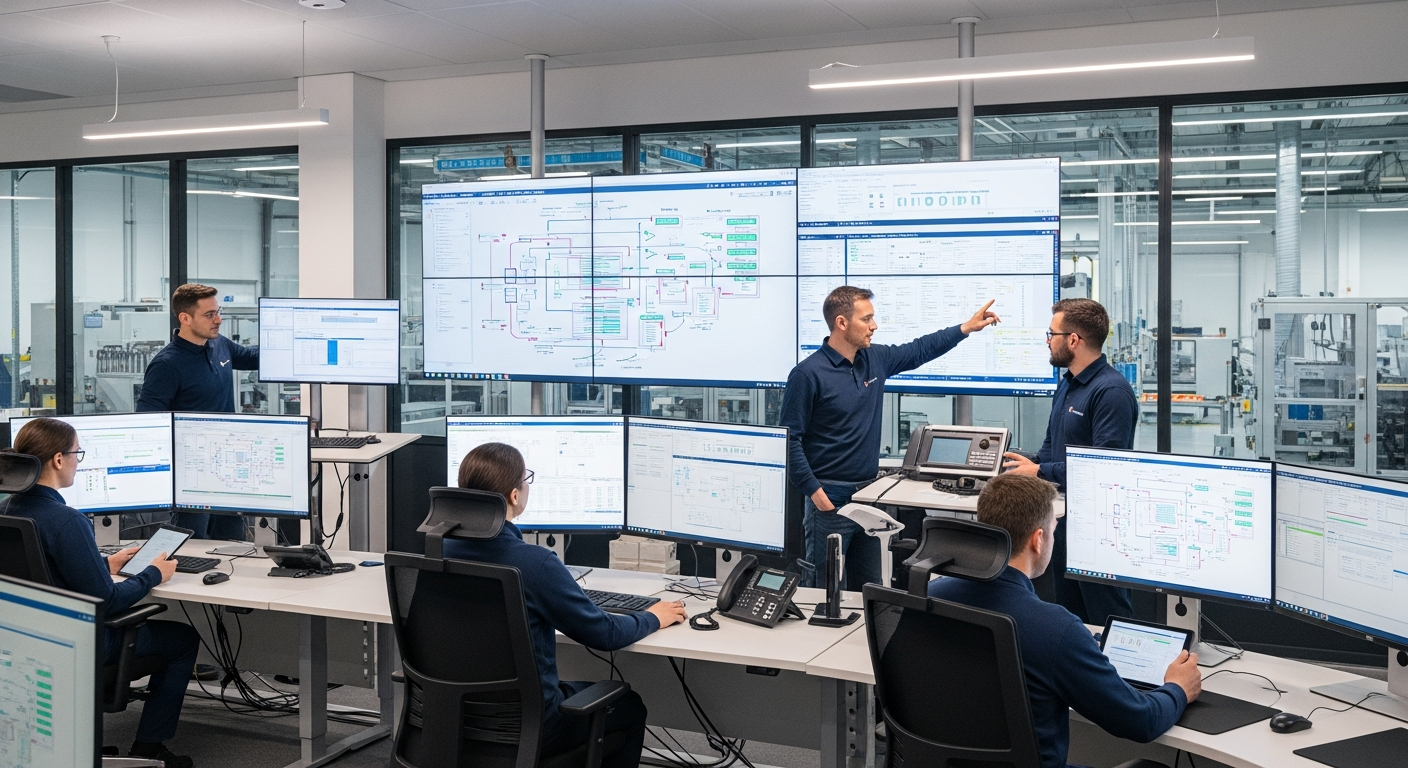Synthetic Fuels: Bridging the Gap to a Sustainable Automotive Future
The quest for cleaner, more sustainable transportation has led to a renaissance in fuel technology. Among the most promising innovations are synthetic fuels, a cutting-edge solution that could revolutionize the automotive industry. These laboratory-created fuels offer the potential to dramatically reduce carbon emissions while allowing us to continue using existing internal combustion engines. But what exactly are synthetic fuels, and how might they shape the future of driving?

Environmental Impact and Carbon Neutrality
One of the most significant advantages of synthetic fuels is their potential for carbon neutrality. Since the CO2 used in their production is captured from the atmosphere, the carbon released when the fuel is burned essentially creates a closed loop. This process could drastically reduce the net carbon emissions of the transportation sector without requiring widespread changes to existing vehicle fleets or fueling infrastructure.
Compatibility with Existing Infrastructure
Unlike many alternative fuel solutions, synthetic fuels are designed to be compatible with current internal combustion engines. This compatibility means that existing vehicles could potentially use these fuels without any modifications, making the transition to a more sustainable fuel source smoother and more cost-effective for consumers and manufacturers alike.
Production Challenges and Energy Efficiency
While the concept of synthetic fuels is promising, there are significant challenges to overcome in terms of production efficiency and scale. The process of creating synthetic fuels is currently energy-intensive and expensive compared to traditional fuel production methods. Improving the efficiency of electrolysis and CO2 capture technologies will be crucial for making synthetic fuels economically viable on a large scale.
The Role of Synthetic Fuels in the Automotive Industry
Major automotive manufacturers are taking notice of synthetic fuels as a potential solution for reducing their carbon footprint. Some companies are investing in research and development of synthetic fuel technologies, seeing them as a complement to electrification strategies. For certain sectors, such as aviation and long-haul transport, synthetic fuels could provide a more immediate path to sustainability than battery-electric alternatives.
Regulatory Landscape and Future Outlook
As governments worldwide push for stricter emissions standards, synthetic fuels could play a crucial role in meeting these targets. Some countries are already considering policies that would incentivize the development and adoption of synthetic fuels. However, the regulatory landscape remains complex, and the future of synthetic fuels will depend heavily on how policymakers choose to balance various sustainability solutions.
Consumer Perception and Market Adoption
The success of synthetic fuels will ultimately depend on consumer acceptance. While many drivers are eager for more sustainable options, concerns about cost and performance will need to be addressed. Education and marketing efforts will be essential to help consumers understand the benefits of synthetic fuels and their potential role in combating climate change.
Technological Advancements on the Horizon
Research into synthetic fuel production is advancing rapidly, with scientists exploring new catalysts and production methods that could dramatically improve efficiency. Some promising developments include the use of artificial photosynthesis and the integration of carbon capture technologies directly into fuel production facilities. These innovations could help make synthetic fuels more competitive with traditional fossil fuels in the coming years.
The Intersection of Synthetic Fuels and Renewable Energy
The production of synthetic fuels is intrinsically linked to the availability of renewable energy. As solar, wind, and other clean energy sources become more prevalent and affordable, the economics of synthetic fuel production improve. This synergy between renewable energy and synthetic fuels could create a powerful feedback loop, accelerating the transition to a more sustainable energy ecosystem.
Global Implications and Energy Independence
Synthetic fuels have the potential to reshape global energy dynamics. Countries without significant oil reserves could produce their own synthetic fuels, reducing dependence on oil imports and enhancing energy security. This shift could have far-reaching geopolitical implications, potentially altering long-standing power dynamics in the global energy market.
In conclusion, synthetic fuels represent a fascinating and potentially game-changing development in automotive technology. While significant challenges remain, the promise of a carbon-neutral fuel that works with existing engines and infrastructure is too compelling to ignore. As research progresses and production techniques improve, synthetic fuels may well play a crucial role in bridging the gap between our current fossil fuel-dependent transportation system and a fully sustainable automotive future. The road ahead for synthetic fuels is uncertain, but the potential benefits make it a technology worth watching closely in the years to come.






